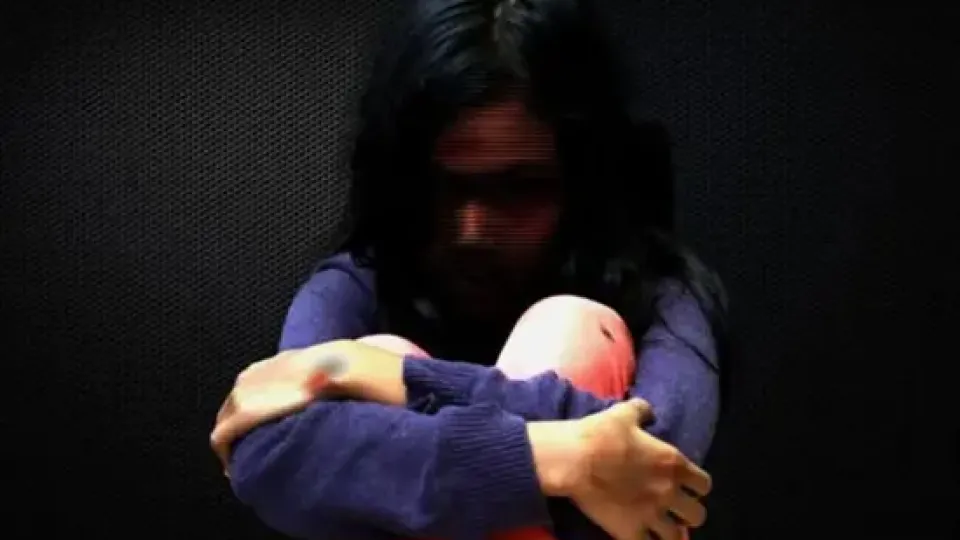October 29, 2025
PETALING JAYA – Child protection starts at the gate: all establishments working with children must rigorously screen potential staff through the Child Sexual Offenders Registration System (e-DKK), experts say, warning that lapses leave young people exposed to predators and institutions vulnerable to abuse.
Dr Farah Nini Dusuki, Children’s Commissioner at the Human Rights Commission of Malaysia (Suhakam), said that putting children’s best interests first requires hiring staff with the right skills to care for them.
“Authorities must ensure that anyone who wants to operate any mechanism involving children must have a set of checklists which they must abide by before the necessary licence can be issued,” said Farah.
“It is not just the physical infrastructure that must meet all the relevant requirements, but the staff must also satisfy the necessary criteria for working with children. And certainly, more awareness needs to be raised regarding the existence of the e-DKK,” she added.
The registry should cover all offences against children under Malaysian law.
Farah also said the Office of the Children’s Commissioner (OCC) had initiated discussions with judiciary in November 2023 in respect to expanding the scope of offenders, but the fruits of this remain to be seen as the two agencies responsible for this registry are the judiciary (who release the particulars of the convicted offenders) and the Women, Family and Community Development Ministry.
Malaysia established the e-DKK in 2019 as a step towards better child protection.
The registry is kept under the care of the Welfare Department Director-General, and only authorised individuals can request screenings for specific people.
Regarding the registry’s effectiveness, Farah said it does not fully achieve its intended purpose due to its limitation to sexual offences and its focus solely on convicted offenders, thus excluding those who have been charged but acquitted or discharged.
She also noted that public awareness of the registry is low, so it is underutilised.
“For criminal cases, the burden of proof is high, or beyond reasonable doubt; thus, offenders get acquitted or discharged not so much because they didn’t do it but due to technical defects in relation to evidence and procedure within the criminal justice system,” said Farah.
“It is a common fact, both in Malaysia and globally, that rates of offenders against children appear low because of the challenges in securing sufficient evidence,” she added.
Children’s rights group Be My Protector vice-chairman Prof Dr Isdawati Ismail said that the registry must not remain a passive list.
She said that the registry currently has limited access, and many institutions, especially private schools, religious centres and childcare facilities, lack consistent mandates to screen their employees.
“To be effective, e-DKK should adopt a tiered access model. This would allow police and welfare officers full visibility, while verified employers of child-facing institutions could securely check applicants,” said Isdawati.
“Such a system ensures protection without resorting to blanket public exposure, which international research shows can sometimes backfire by pushing offenders underground rather than deterring them.
“The registry should broaden its scope to include online groomers, social media predators and those who exploit children digitally. Without recognising this shift, we risk leaving a gaping hole in our protective net,” she added.
Isdawati also said that integrating the Children Service System (Anak), which stores data on nurseries, childcare operators and children’s services, with e-DKK could transform prevention.
Employers would be required by law to use this system and non-compliance would carry penalties as a gatekeeping measure.
“Ultimately, protecting children requires more than good intentions. It demands that we close systemic gaps, use technology intelligently and ensure accountability across institutions.
“By strengthening e-DKK, expanding it to cover online threats and integrating it with Anak, Malaysia can send a clear message: safeguarding children is not negotiable and prevention starts long before harm occurs,” she said, adding that integration must be backed by law.
“Linking e-DKK and Anak is about prevention, not just punishment – it stops offenders at the gate, before they ever get near our children. It deserves no less.”

